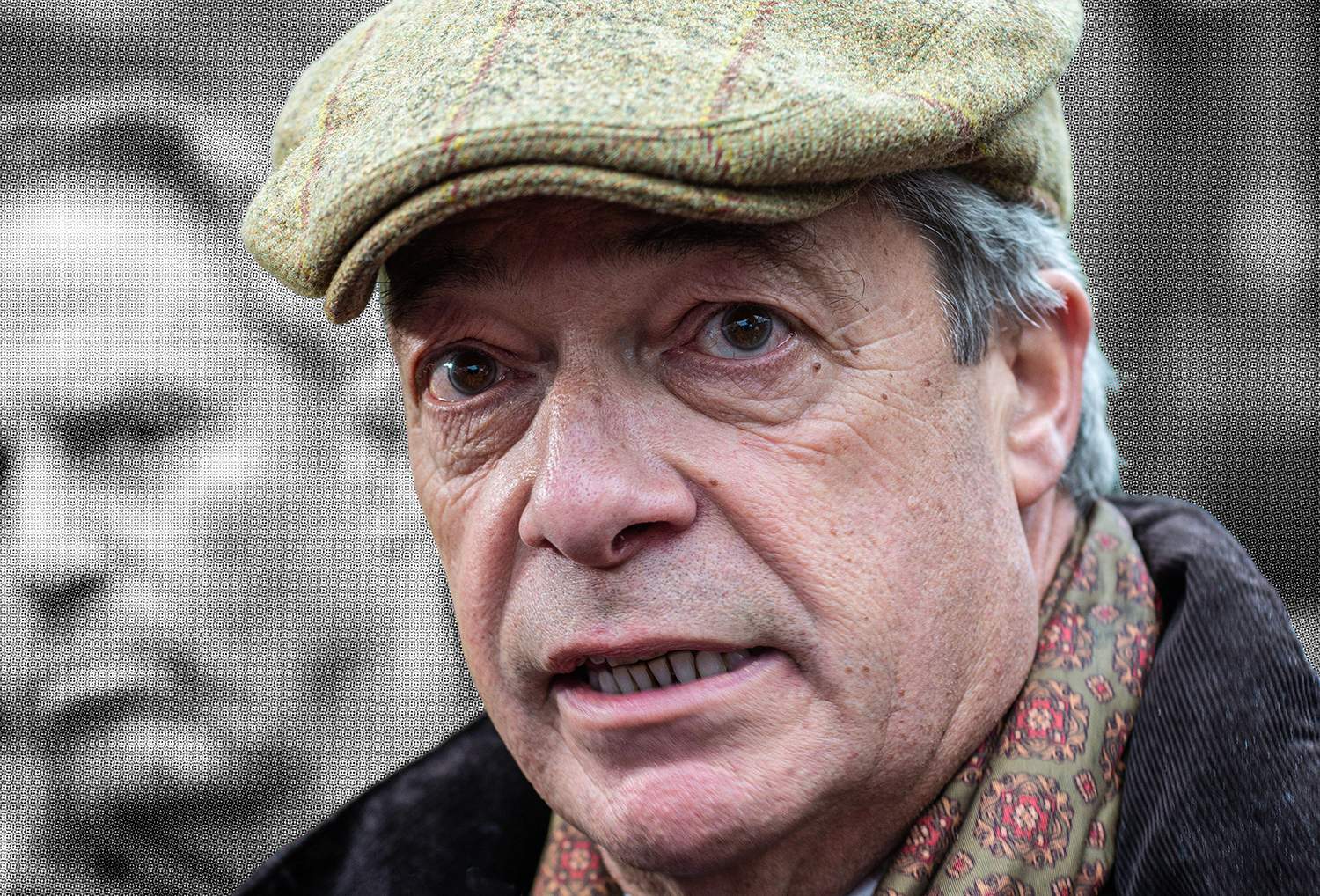
Read our Monthly Magazine
And support our mission to provide fearless stories about and outside the media system
The former Conservative Levelling Up Secretary and now editor of the Spectator, Michael Gove, has been selected as a judge for the 2026 Orwell Prize awards, despite his record of dodging media scrutiny and allegations of ‘stifling’ critical journalists.
During his time in Government Gove was accused of deliberately obstructing Freedom of Information requests by journalists, while his aides were also accused of setting up an anonymous Twitter account in order to target members of the media.
The prestigious media awards have now appointed him as the chair of their panel judging reporting on homelessness – despite what critics describe as a questionable track record on the issue.
During Gove’s time in office, the age of first time buyers rose, housebuilding targets were repeatedly missed, and homelessness more than doubled, an increase which has been partly blamed on multiple poor policy decisions made under Gove’s party.
That includes the party’s freeze on local housing allowance (LHA) rates for four (2020-2024) years while costs skyrocketed (though Gove is said to have advocated for an increase to then-Prime Minister Rishi Sunak in 2023), stalling on putting a stop to no-fault evictions, soon to be outlawed by Labour as part of the Renters’ Rights Act, and overseeing a collapse in social house-building.
The Conservatives’ time in power also saw a massive increase in people forced to live in temporary accommodation. In May 2010, there were 50,400 households in temporary accommodation, a figure up by 144% by June 2024, with the number of children up 120%.
Gove has previously admitted “regret” over the situation, telling the BBC’s Today Programme after it was revealed in 2024 that that nearly 112,000 households were living in temporary accommodation at that time, 63% of which included families with dependent children, that: “The biggest issue overall is that whether it’s in the private rental sector, the socially rented sector, or homes to buy, we still need to increase the supply of homes.”
One Orwell Prize judge, who chose to remain anonymous, spoke to Byline Times about Gove’s inclusion among Orwell judges focusing on homelessness “seems a strange choice considering Gove was at the heart of Government during a period when the number of people sleeping roughly doubled.”
Also drawn into question has been Gove’s role while in Government of attacking journalists and operating a culture of transparency in departments under his remit.
In 2022, openDemocracy reported on the Cabinet Office’s ‘Clearing House’ unit, an entity itself deemed ‘Orwellian’ by critics. The Clearing House was accused of vetting and blacklisting Freedom of Information (FOI) requests from journalists.
It was Gove, then a sitting cabinet minister, who attacked the publication in an official Government statement, calling reporting into Clearing House “ridiculous and tenuous”, though the department spent nearly £40,000 in taxpayer funds in trying to block the release of information pertaining to it.
In court, a judge sharply criticised the Cabinet Office for presenting “misleading” documents, while noting a “profound lack of transparency” about the unit’s operation, which might “extend to ministers”.
A later release published on Clearing House by the Public Administration and Constitutional Affairs Committee (PACAC), prompted by the reporting, found that there “was evidence of poor FOI administration in the Cabinet Office and across Government”. The Clearing House was shuttered in 2022.
Peter Geoghegan, former editor-in-chief at openDemocracy, told Byline Times: “It’s curious that the Orwell Prize – Britain’s most celebrated award for public interest journalism – has turned to a man who’s spent much of his career trying to stifle it.”
“When my colleagues at openDemocracy and I uncovered that Michael Gove’s Cabinet Office was running a unit to suppress Freedom of Information requests, he brushed it off as ‘ridiculous and tendentious’. The unit was later scrapped. Gove never apologised. Orwell would have enjoyed the irony.”
This was far from an isolated incident of Gove falling short of meeting expected standards when dealing with the press. As far back as 2013, when he was Education Secretary, he was embroiled in a row over allegations that members of his department had used Twitter (now X), to launch personal attacks on journalists and political opponents using taxpayer money.
An anonymous account on the social media site, operating at the time and called @toryeducation, was reportedly used to regularly attack critical stories about Gove and his team.
ENJOYING THIS ARTICLE? HELP US TO PRODUCE MORE
Receive the monthly Byline Times newspaper and help to support fearless, independent journalism that breaks stories, shapes the agenda and holds power to account.
We’re not funded by a billionaire oligarch or an offshore hedge-fund. We rely on our readers to fund our journalism. If you like what we do, please subscribe.
Gove also found himself reported to the Parliamentary Commissioner for Standards in 2018, in relation to him leaking journalist Carole Cadwalladr’s email to the right wing publication Guido Fawkes.
Cadwalladr had emailed him over allegations that he paid AggregateIQ, the Canadian firm described as a “franchise” of Cambridge Analytica parent firm SCL Elections, to set up his campaign website, which then appeared on Guido as part of a story claiming the payment was put through by his campaign manager.
Tweeting at the time, Cadwalladr wrote: “I believe that this behaviour runs counter to what one would expect from a minister of state paid from the public purse. I followed good journalistic practice and I had a reasonable expectation that my communications would remain private.”
Speaking to the concerns, a spokesperson for the Orwell Foundation told Byline Times: “We build our judging panels carefully, to ensure a broad range of experience – with knowledge of the homelessness/ housing sectors especially important for this particular prize.”
“The Orwell Prizes are politically independent. They do not promote the political purposes of any particular writing or take account of the political orientation of the writing. Judges are required to put aside any personal political or ideological beliefs and assess submissions purely on their merit and on whether they meet the prize criteria.”
Michael Gove declined to comment.

